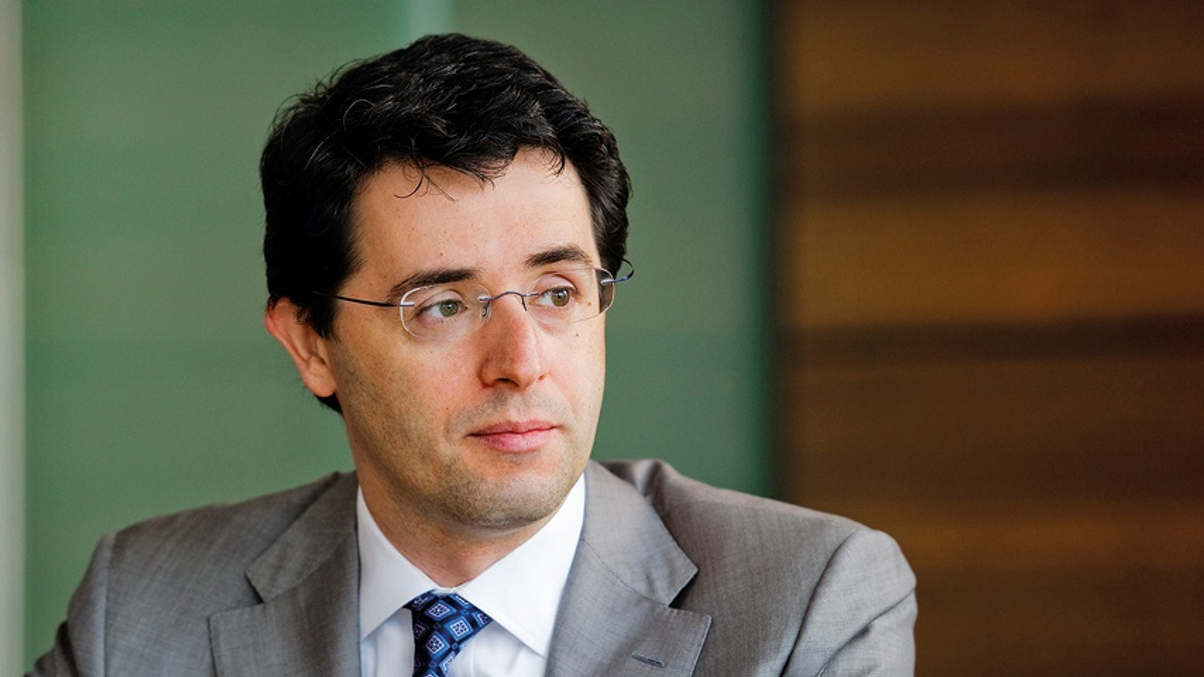BlueBay flags danger of illiquidity in credit markets
The withdrawal of investment banks as market-makers could cause problems if bond investors rush for the exits amid QE tapering, but BlueBay sees continued flows.

UK fund house BlueBay has warned of structural illiquidity in the credit market caused by increasing regulation, fearing investors may face problems if they head to the exits as quantitative easing is wound down.
Sign in to read on!
Registered users get 2 free articles in 30 days.
Subscribers have full unlimited access to AsianInvestor
Not signed up? New users get 2 free articles per month, plus a 7-day unlimited free trial.
¬ Haymarket Media Limited. All rights reserved.


